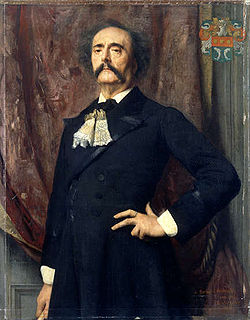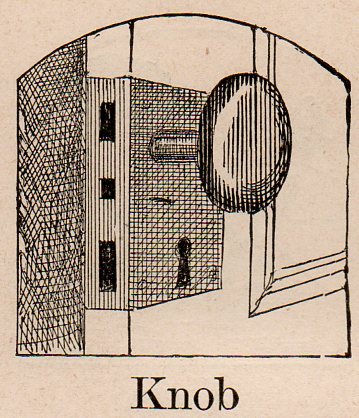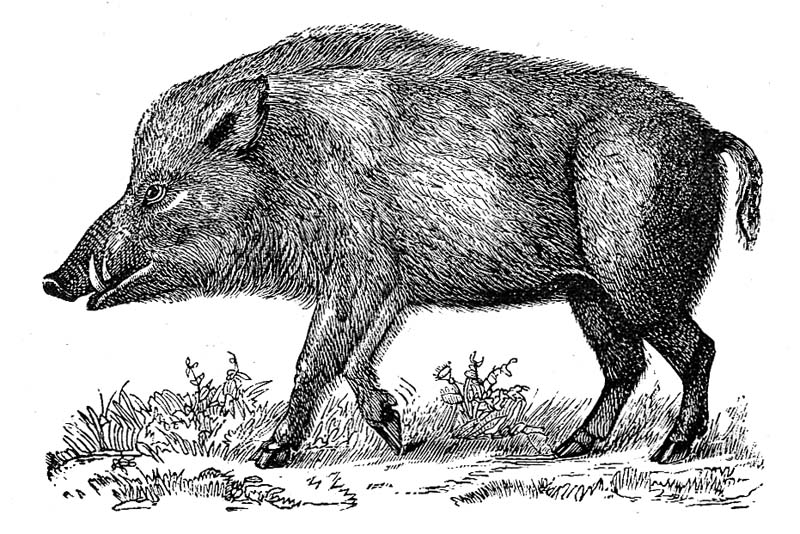How many ducks died under the ungainly boot of the infant Samuel Johnson? According to Boswell, “It is told, that, when a child of three years old, he chanced to tread upon a duckling, the eleventh of a brood, and killed it; upon which, it is said, he dictated to his mother the following epitaph: ‘Here lies good Master Duck, / Whom Samuel Johnson trod on; / If it had lived, it had been good luck, / For then we’d had an odd one.’.”
Boswell tells the story only to deny that it ever happened. “The anecdote of the duck,” he writes, has been “disproved by internal and external evidence” and “the truth of which I am to refute upon [Dr Johnson’s] own authority”. But is he denying that his hero trod on a duck, or only that, having done so, the precocious tiny extemporised a verse about the deed?
Be that as it may, Boswell seems to have misunderstood the original story. His source was Anna Seward, who heard it – repeatedly, it seems – from Johnson’s stepdaughter Lucy Porter, who in turn got it from Johnson’s mother. In this version, the three-year-old Johnson “made some verses on having killed, by treading on it, his eleventh duck”. We can construe this as suggesting that the future lexicographer had already stamped upon ten ducks before memorialising the eleventh in verse.
Do we believe Boswell or Anna Seward? In Extraordinary People (1965), Hesketh Pearson notes that Boswell “has given the impression, studiously adopted by other Johnsonians, that Anna is not to be trusted. But she is quite as reliable as Boswell sober, and more reliable than Boswell drunk”.
Anna Seward (1742-1809) was a poet, admired by, among others, Sir Walter Scott, who, after her death, edited three volumes of her works, although he confided to a friend that “most of [it] is absolutely execrable”. Her journal and letters confirm her as one of the great purple prose writers there has ever been. If she wanted to tell you there were very few woodcocks to be seen, she would write “the transmigratory gentry of dusky pinion are great strangers here”. She also wrote, of the dying days of an acquaintance, “The intellectual torch wavered not, neither dimmed in its earthly socket”.
I sincerely hope my own earthly socket lasts for a good while yet, unlike the earthly socket of any poor Lichfield duck seeing the approach of terrible tiny Samuel Johnson!




